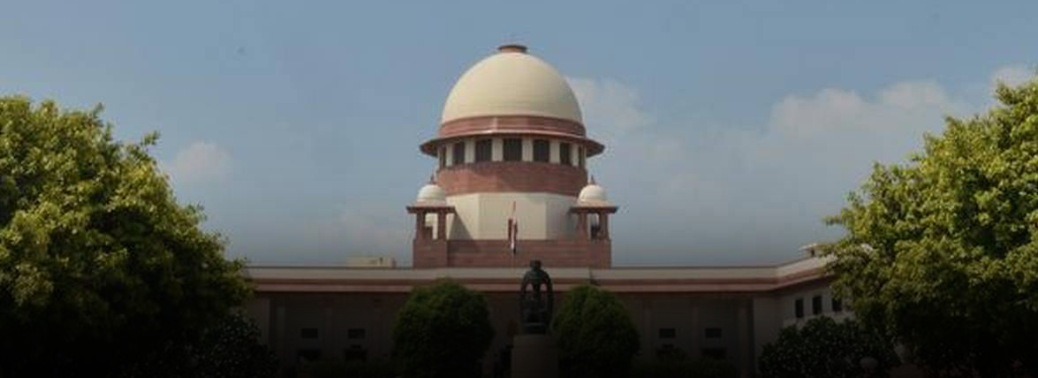SC may send plea challenging quota Bill to Constitution Bench
12, Mar 2019

The Supreme Court decided to consider the question of whether the challenge to the 10% economic reservation law should be heard by a Constitution Bench. A three-judge Bench, led by Chief Justice of India Ranjan Gogoi, scheduled the hearing for March 28.
The court, however, refused to pass any interim order to stay or hamper the implementation of the Constitution (103rd Amendment) Act that provides for 10% reservation in government jobs and educational institutions to the economically backward in the unreserved category.
The issue arose when senior advocate Rajeev Dhavan pointed out that the 50% quota limit was part of the Basic Structure of the Constitution, and the new amendment tinkered with it.
The Act amends Articles 15 and 16 of the Constitution, adding clauses empowering the government to provide reservation on the basis of economic backwardness.
Basic features violated
The petitions, said the Act violated the basic features of the Constitution. The petitioners argued that the 50% ceiling was “engrafted as a part of the Basic Structure of the Constitution’s equality code” by the court.
One of the petitions, contended that the court, in a nine-judge Bench judgment in the Indra Sawhney case, had settled the law that economic backwardness could not be the sole basis for reservation. The petition argued that the Act was “vulnerable” and negated a binding judgment of the Supreme Court.
The petitioners contended that the amendments excluded the OBCs and the SCs/STs from the scope of the reservation.
Only for elite
It essentially implies that only those who are poor from the general categories would avail themselves of the benefits of the quotas.” It said the high creamy layer limit of Rs. 8 lakh a year meant the elite would capture the benefits.
Further, the petitioners contended that the court had already settled the law that the state’s reservation policy cannot be imposed on unaided educational institutions, and as they are not receiving any aid from the State, they can have their own admission if they are fair, transparent, non-exploitative and based on merit.
While the impugned amendment attempts to overcome the applicability of Articles 19(1)(g) and 29(2), it remains silent on Article 14, which protects the citizens from manifestly arbitrary State action.
The petition also contended that the term ‘economically weaker sections’ remained undefined in the Act, along with the “ambiguous” term of ‘State’. The question of reference came up even as the Centre sought more time to file its counter.






